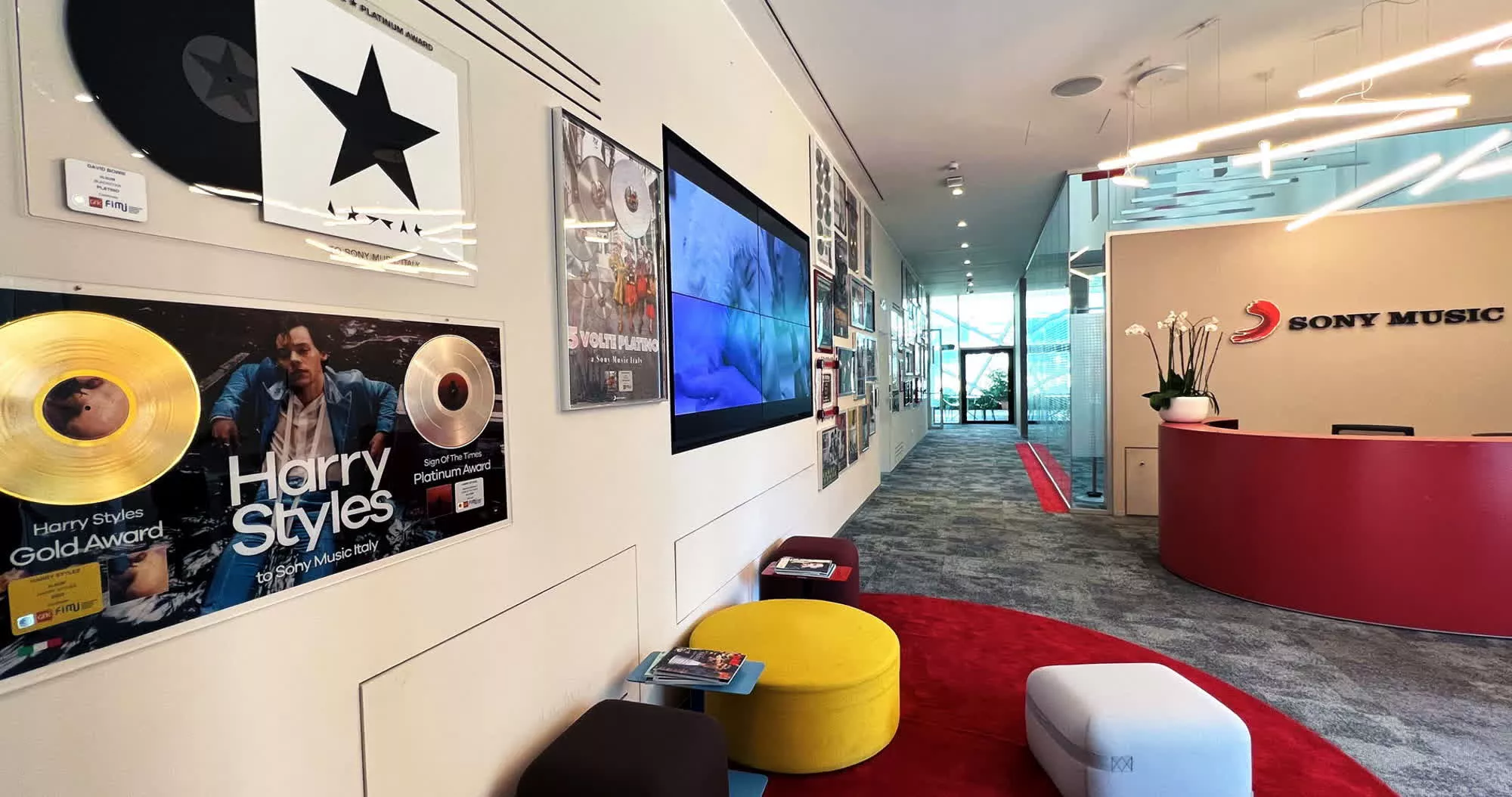Sony doesn’t want companies to use its music to train generative AI algorithms

A hot potato: Sony Music Group is one of the “big three” record labels, along with Universal Music Group and Warner Music Group. Together, they own and manage a significant portion of the world’s music and artists. Along with its competitors, SMG strongly opposes AI companies using music content to train their chatbots or generative algorithms.
Sony sent a letter to more than 700 companies and organizations to take a stand against copyright abuse in AI training practices. Sony Music Group is warning corporations dealing with AI, particularly generative AI ventures, that they are not authorized to use music data owned by the label to teach algorithms how to synthesize audio content.
The letter states that the unauthorized use of copyrighted content to train, develop, or market AI systems harms the interests of the record label and its clients. Artists have the right to control and be compensated for their works, the letter asserts. SMG is banning AI companies from using a wide range of music-related data and content, including album cover art, musical compositions, lyrics, and all related metadata.
SMG affirms its interest in the “inherent and paramount value” of human artistry. The world’s oldest music label, established in 1929, has been cautiously and “responsibly” adopting AI algorithms as novel creative tools and acknowledges that they could revolutionize how songwriters and recording artists create music in the near future.

However, innovation must not trample on music artists’ rights to retain copyright control and make a living from their art, SMG says. For this reason, the record label is explicitly prohibiting third-party organizations from using its music-related data for AI training in “all relevant jurisdictions.” This prohibition also applies to all existing and future creative content belonging to SMG affiliates, Sony Music Publishing, and Sony Music Entertainment, even when such content is publicly available or listed in databases maintained by industry trade organizations.
Generative AI companies have been accused of copyright infringement from the start, regardless of the type of content their algorithms are trained on. Before SMG, the other two big record labels had already expressed their dissatisfaction with the allegedly unlawful behaviors of AI ventures regarding copyrighted music and content.
Universal Music Group asked streaming companies to block data scraping for AI training, even threatening to remove its entire catalog –31.9 percent of the world’s commercial music – from infringing platforms. Warner Music Group Corp. CEO Robert Kyncl recently testified in a US Congress hearing about the NO FAKES Act, advocating for a “robust,” free-market licensing system along with strong legal protections to regulate the use of copyrighted content for AI training.
Sony doesn’t want companies to use its music to train generative AI algorithms



